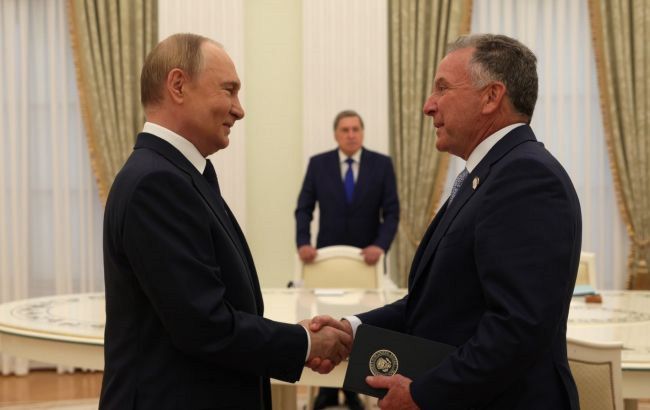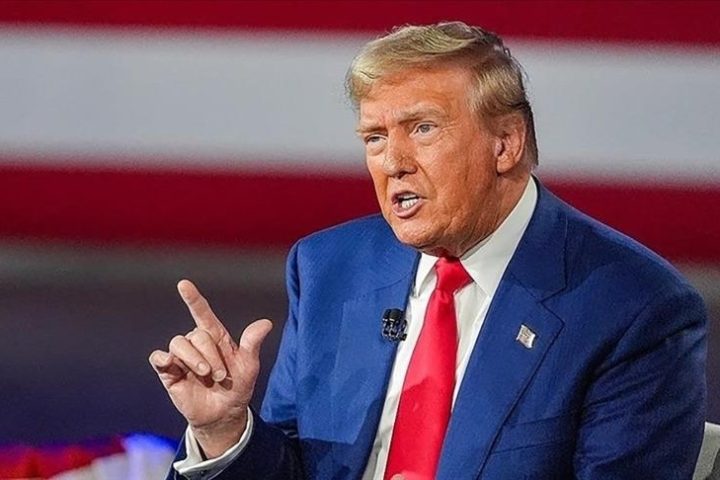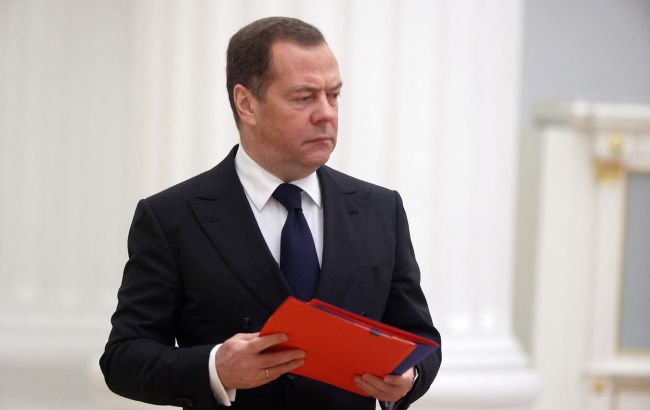On Tuesday, Rio Tinto reported that third-quarter iron ore shipments increased 6% year-on-year, despite ongoing major infrastructure maintenance and upgrades that will continue into the fourth quarter.
The world’s largest iron ore producer shipped 84.3 million tonnes of product from its Pilbara operations in the three months ended September 30. This compares to 79.9 million tonnes in the second quarter.
The result was slightly below analysts Visible Alpha’s forecast of 85.5 million tonnes.
Earlier this year, the company’s production plans were impacted by four cyclones, which disrupted shipment schedules. As a result, Rio Tinto forecasts its annual export volume to be at the lower end of its forecast range of 323–338 million tonnes.
At the same time, the company improved its copper production forecast, expecting annual volumes to be in the upper range, supported by a strong increase in production at the Oyu Tolgoi mine.
Tracking devices are designed to detect the diversion of AI chips to countries and regions subject to US export bans. They are used only in specific investigations and help gather evidence against those who violate export regulations. Such trackers have been used for decades—first to monitor shipments of restricted goods such as aircraft parts, and more recently to prevent the illegal trafficking of semiconductors.
Five representatives of the AI server supply chain reported seeing trackers in shipments of equipment from Dell and Super Micro containing Nvidia and AMD chips. They say the tracking devices are often hidden inside the packaging, and sometimes even within the servers themselves. For example, in one shipment of Dell servers containing Nvidia chips in 2024, both large trackers on the boxes and miniature trackers inside the equipment were discovered.












